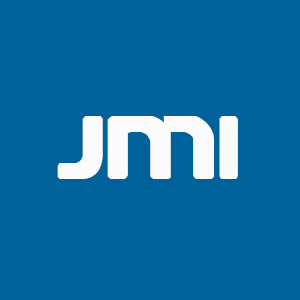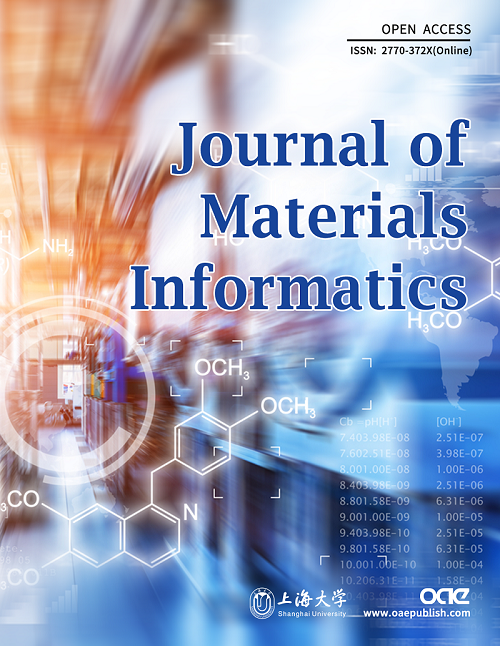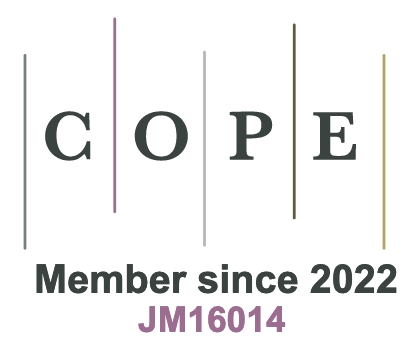Contents
Host

Prof. Yi Liu
Materials Genome Institute, Shanghai University, Shanghai, China.
Prof. Yi Liu obtained a Ph. D. degree at Materials Science and Engineering at Institute of Metal Research in China in 1997. Then he had worked as a postdoctor or senior researcher in the field of computational materials science at Nagoya University, Japan (1997-2002); Juelich Research Center, Germany (2002-2003); University of Western Ontario, Canada (2003-2005); California Institute of Technology, US (2006-2012). He was appointed as a professor at the School of Materials Science and Engineering, the University of Shanghai for Science and Technology between 2012-2015. Then he moved to Department of Physics and Materials Genome Institute at Shanghai University (2015-present). His current research interests focus on the data-driven materials design by combining machine learning with multiscale computation and high-throughput experiment approaches, applied to high-performance alloys, combustion, nanomaterials, and catalyst.
Speaker

Professor Sergei V. Kalinin
University of Tennessee, Knoxville.
Sergei Kalinin is a Weston Fulton chair professor at the University of Tennessee, Knoxville. In 2022 – 2023, he has been a principal scientist at Amazon special projects (moon shot factory). Before then, he has spent 20 years at Oak Ridge National Laboratory where he was corporate fellow and group leader at the Center for Nanophase Materials Sciences. He received his MS degree from Moscow State University in 1998 and Ph.D. from the University of Pennsylvania (with Dawn Bonnell) in 2002. His research focuses on the applications of machine learning and artificial intelligence methods in materials synthesis, discovery, and optimization, automated experiment and autonomous imaging and characterization workflows in scanning transmission electron microscopy and scanning probes for applications including physics discovery, atomic fabrication, as well as mesoscopic studies of electrochemical, ferroelectric, and transport phenomena via scanning probe microscopy. When at ORNL, he led several major programs integrating the ML and physical sciences and instrumentation, including the Institute for Functional Imaging of Materials (IFIM 2014-2019), the first program in DOE integrating ML and physical sciences, and the microscopy effort in INTERSECT program that realized first ML-controlled scanning probe and electron microscopes. At UTK MSE, he participated in building one of the first efforts in the country on ML-driven materials exploration. At UTK, his team has now realized fully AI-controlled SPM and STEM systems and co-orchestration workflows between multiple characterization tools for scientific discovery. He has also taught multiple courses on the ML for materials science and microscopy including Bayesian optimization methods. Sergei has co-authored >650 publications, with a total citation of ~55,000 and an h-index of ~115. He is a fellow of AAAS, RSC, AAIA, MRS, APS, IoP, IEEE, Foresight Institute, and AVS; a recipient of the Feynmann Prize of Foresight Institute (2022), Blavatnik Award for Physical Sciences (2018), RMS medal for Scanning Probe Microscopy (2015), Presidential Early Career Award for Scientists and Engineers (PECASE) (2009); Burton medal of Microscopy Society of America (2010); 5 R&D100 Awards (2008, 2010, 2016, 2018, and 2023); and a number of other distinctions. As part of his professional services, he organized many professional conferences and workshops at MRS, APS and AVS; for 15 years organized workshop series on PFM, and served/s on multiple Editorial Boards including NPJ Comp. Mat., J. Appl. Phys, and Appl. Phys Lett.
Abstract
Making microscopes automated and autonomous is a North Star goal for areas ranging from physics and chemistry to biology and materials science – with the dream applications of discovering structure-property relationships, exploring physics of nanoscale systems, and building matter on nanometer and atomic scales. Over the last several years, increasing attention has been attracted to the use of AI interacting with physical system as a part of active learning – including materials discovery and optimization, chemical synthesis, and physical measurements. For these active learning problems, microscopy arguably represents an ideal model application combining aspects of materials discovery via observation and spectroscopy, physical learning with relatively shallow priors and small number of exogenous variables, and synthesis via controlled interventions. I introduce the concept of the reward-driven experimental workflow planning and discuss how these workflows can be implemented via domain-specific hyper languages. The applications of classical deep learning methods in streaming image analysis are strongly affected by the out of distribution drift effects, and the approaches to minimize though are discussed. The real-time image analysis allows spectroscopic experiments at the predefined features of interest and atomic manipulation and modification with preset policies. I further illustrate ML methods for autonomous discovery, where the microstructural elements maximizing physical response of interest are discovered. Complementarily, I illustrate the development of the autonomous physical discovery in microscopy via the combination of the structured Gaussian process and reinforcement learning, the approach we refer to as hypothesis learning. Here, this approach is used to learn the domain growth laws on a fully autonomous microscope. The future potential of Bayesian active learning for autonomous microscopes is discussed. These concepts and methods can be extended from microscopy to other areas of automated experiment.
Presentation

Prof. Sergei V. Kalinin
Topic: AI Scientist: Automating Electron and Scanning Probe Microscopes for Physics Discovery and Materials Optimization
NaN

Topic: Free Discussion
NaN

Topic: JMI Introduction
NaN









